Russia warns against Ukraine’s accession to NATO
Russia has warned that any move towards the accession of Ukraine to the NATO would have consequences as it test-fired a submarine-launched Bulava ballistic missile.
"We believe that this would be an extremely dangerous step that would force Russia to react accordingly," Russian Deputy Foreign Minister Andrei Rudenko said on Thursday, answering a question about Pentagon chief Lloyd Austin's recent comments.
"Any step will have consequences," Rudenko stressed.
Austin said during his visit to Ukraine on Tuesday that Washington backed the aspiration of Kiev to join the transatlantic alliance and that no country could veto such a move.
Relations between Ukraine and Russia have been deteriorating since 2014, when the then Ukrainian territory of Crimea voted in a referendum to fall under Russian sovereignty. The US and the European Union-backed Kiev refused to recognize the referendum results, later imposing sanctions on Moscow.
Ukraine as well as the EU and the US claim Russia has a hand in an ongoing conflict that erupted in the Donbass region of Ukraine between government forces and ethnic Russians in 2014. The West imposed sanctions on Russia after accusing it of interfering in the conflict. Moscow denies the allegation.
Last month, a Kremlin spokesman said the expansion of NATO’s military activity in Ukraine crosses a red line for Russian President Vladimir Putin.
The latest developments come as tensions have intensified between Moscow and the Western military alliance.
Earlier this week, Russian Foreign Minister Sergei Lavrov said his country would suspend its mission to NATO in response to the expulsion of eight Russian staff at the NATO mission last week. Lavrov further cited “recent moves” by NATO, saying there were no longer “basic conditions for common work.”
Russia has long had an observer mission to NATO as part of a two-decade-old NATO-Russia Council meant to promote cooperation in common security areas, but it is not a member of the US-led alliance. Senior officials in Moscow have been seeking assurances from NATO countries that the borders of NATO would not move eastward.
NATO to agree plan against Russia
NATO defense ministers were set to agree a new master plan titled "Concept for Deterrence and Defense in the Euro-Atlantic Area" on Thursday to prepare for any alleged Russian attack on multiple fronts.
The plan comes while officials rule out that any Russian attack is imminent, and as Moscow denies any aggressive intentions.
"This is the way of deterrence," German Defense Minister Annegret Kramp-Karrenbauer said of the plan.
"And this is being adapted to the current behavior of Russia – and we are seeing violations particularly of the air space over the Baltic states, but also increasing incursions over the Black Sea," she told German radio Deutschlandfunk.
Test of submarine-launched Bulava ballistic missile
Amid the tensions, Russia's defense ministry said on Thursday that a Bulava ballistic missile was successfully test-launched from Knyaz Oleg Project 955-A (Borei-A) nuclear submarine.
"As part of the state test program, the Knyaz Oleg strategic nuclear submarine fired a Bulava ballistic missile from the White Sea. The ballistic missile was sub-launched at the Kura training range in Kamchatka," the ministry said.
Iran: US airstrikes on Yemen war crimes, violation of international law
Yemeni armed forces down F-18 fighter jet, repel US-UK attack: Spokesman
Iran warns against US-Israeli plot to weaken Muslims, dominate region
VIDEO | Public uproar in US against Israeli regime
‘Ghost town’: 70% of Jabalia buildings destroyed by Israel
Mother’s Day: Sareh Javanmardi’s inspiring journey as Paralympic champion and mother
Russia downs over 40 Ukrainian drones as Putin vows 'destruction' on Kiev
VIDEO | Yemen: A bone in Israeli neck


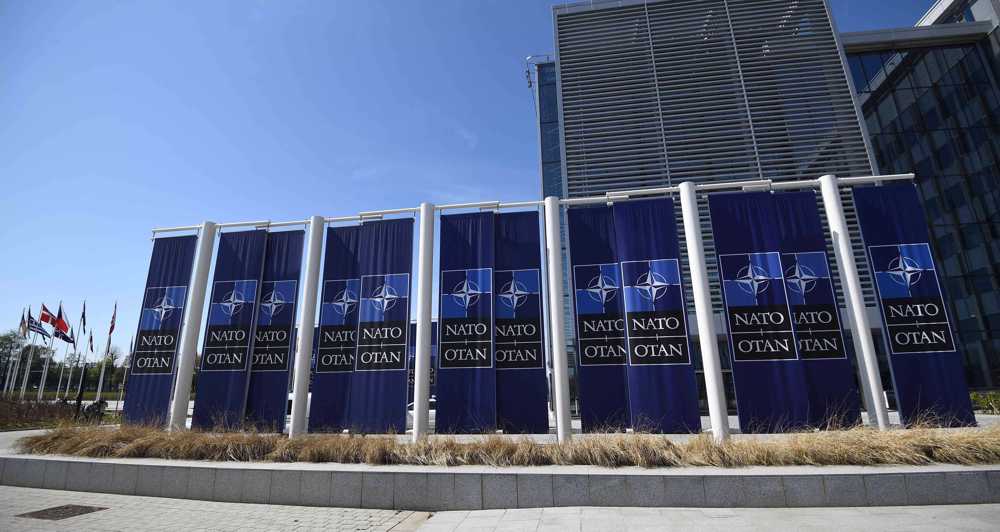
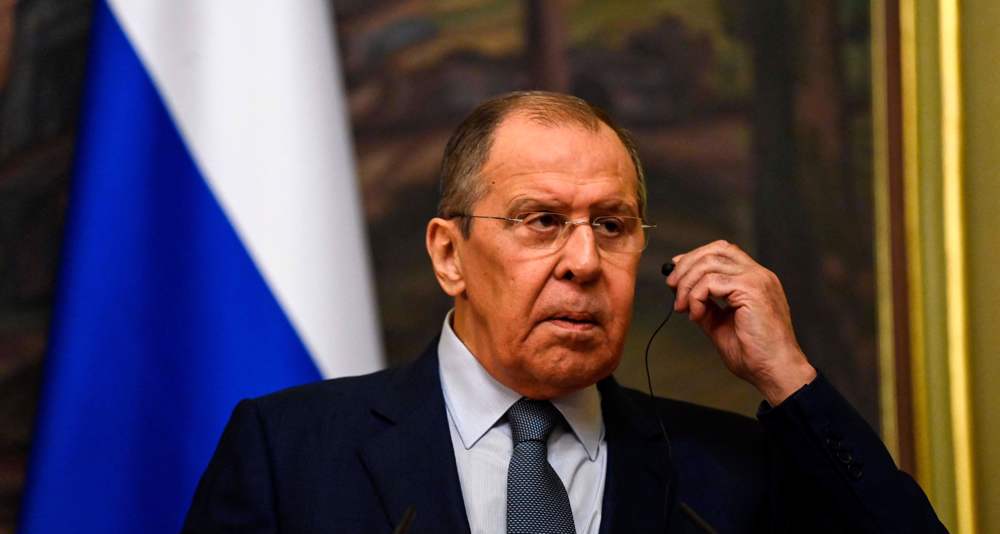







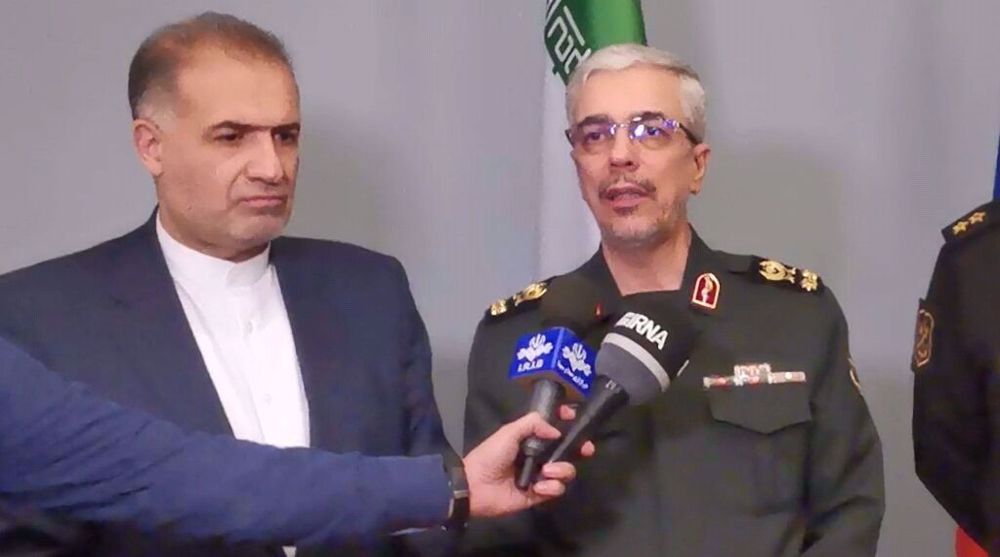
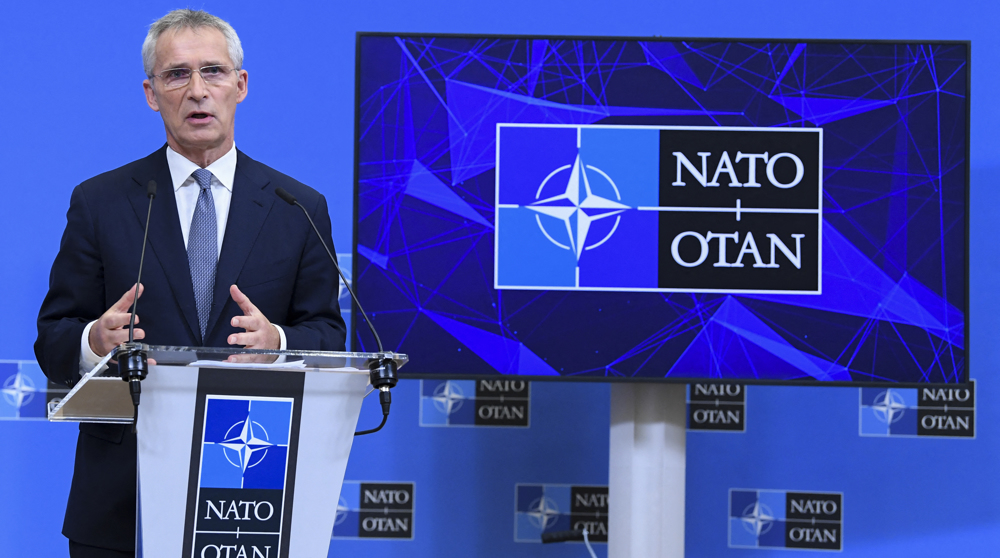
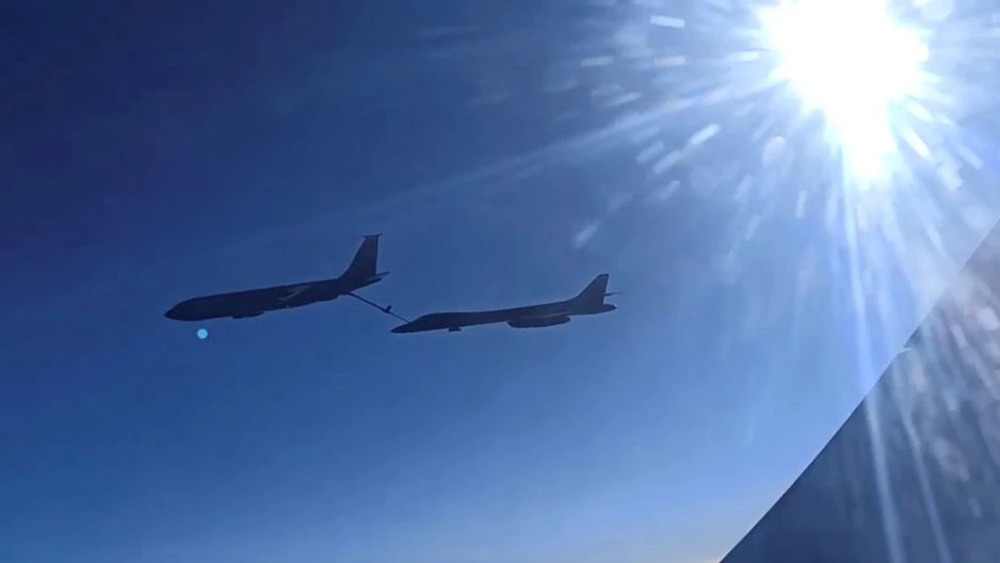

 This makes it easy to access the Press TV website
This makes it easy to access the Press TV website